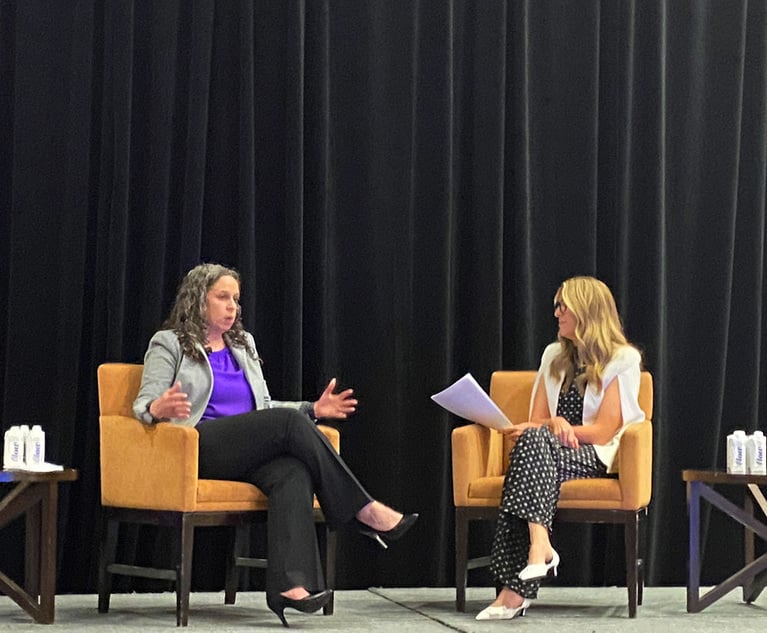The U.S. Supreme Court on Wednesday wrestled with whether receiving pension investment disclosures constitutes “actual knowledge” of a fiduciary breach even when many people don’t read the detailed disclosures required by federal law.
The case, Intel Corp. Investment Policy Committee v. Sulyma, is one of a trio of challenges this term—and perhaps the most significant—involving the Employee Retirement Income Security Act, ERISA. How the justices interpret the “actual knowledge” requirement in ERISA’s three-year limitation period could have major implications for the timing, costs and damages in suits for fiduciary breaches.


 The U.S. Supreme Court. Credit: Diego M. Radzinschi / ALM
The U.S. Supreme Court. Credit: Diego M. Radzinschi / ALM






